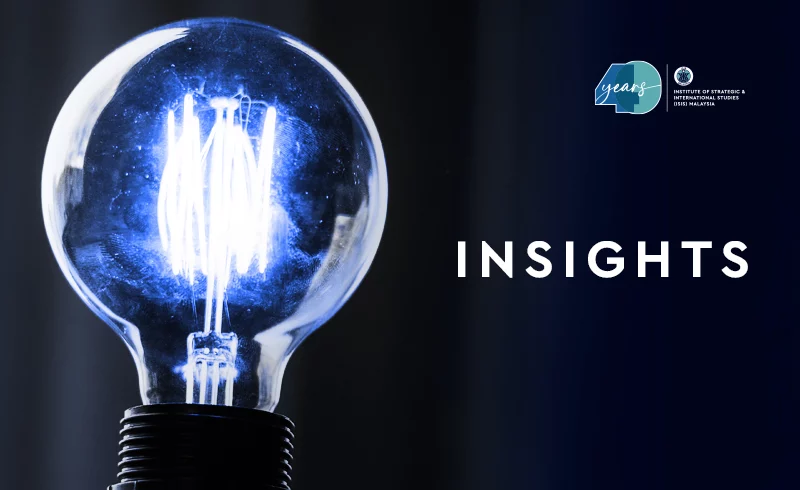THE political scientist, Benedict Anderson, theorised in his seminal work that communities are social constructs, to be differentiated only in the ways that they are imagined.
He elaborated that “the fellow members of even the smallest nation will never know most of their fellow members, meet them, or even hear of them, yet in the minds of each lives the image of the communion”.
Anderson’s deliberate framing of nationalism as a socially constructed entity speaks volumes.
When we pause and reflect upon Malaysia’s imagery, it becomes evident that shared language, culture and history form integral parts of that collective imagination.
Yet it must be remembered that language barriers, divergent cultures, and history in all its complexity must be accounted for.
In other words, we must acknowledge that modern Malaysia is not homogenous: it is a tapestry woven with the thread of diversity, that of languages, cultures and histories – some shared and some not.
Herein lies the potential of national slogans, from the earlier “Bersih, Cekap dan Amanah” to today’s “Madani”.
These slogans, grounded in a broad-based value system, can act as a shared commonality and a focal point for nation-building efforts, transcending the narrower limitations imposed by the linguistic, cultural and historical contexts.
Beyond that, these slogans and values also act as a moral compass and guardrail for the sitting government, guiding policies and actions.
If successfully internalised, these values could determine Malaysia’s evolution into a nation that is defined not solely by the labels of constituent groups, but by its commitment to sustainability, care, compassion, respect, innovation, prosperity and trust.
This can represent, in effect, a paradigm shift of our internal self-view, negating the propensity to view the country through the colonial-inherited stereotypes of the “lazy native and industrious migrant”, and allow it to take primacy in public conversations and to rear its ugly head to shape policy discourse.
Furthermore, such a paradigm can be a bulwark against the tyranny of majoritarianism. It enables policy debates to transcend the “argumentum ad populum” fallacy, where truth is distorted by the weight of majority belief.
For example, inequality remains one of, if not the most crucial concern of ours. Nonetheless, the articulation of economic inequality frequently manifests itself through the lenses of race and religion, with knock-on effects on socio-political anxiety.
This creates space for political actors to hijack the agenda to further exclusionary politics, with repercussions on policy debates when some quarters, often prodded by motivations to garden political capital, argue that certain segments of society are more deserving of help than others.
The fruits of development plans to uplift the economy must place contributors at the front and centre, ensuring that growth does not benefit only a select few.
To put it squarely, celebrating Sept 16 is nothing if development is not spread throughout the federation in an inclusive and deliberate manner.
Developments down the line must be viewed and addressed through the framework and lenses of social justice, undoubtedly a central tenet of our philosophy of nationhood, namely Malaysia Madani.
The incoming green transition and resource scarcity, to name two examples, should not be allowed to set back nation-building but rather be seen as opportunities to further the agenda.
As Malaysia celebrates its 60th year, it stands at a crossroads in a storied journey. Moving forward, the country should recognise the importance of going beyond mere economic expansion with a sure footing in equitable and sustainable development.
In this regard, the Madani Economy Framework, New Energy Transition Roadmap, and the New Industrial Master Plan that were introduced in recent months are promising starts.
In their implementation, the spirit of friendly argument and compromise that shaped Malaysia’s formation must be rechannelled to settle differences, identify commonalities and locate synergies.
Now, with a plan in hand, concord and cooperation must be the way forward, and it bears remembering that a common destiny, too, can be a unifying factor in nation-building.
This article was first published in the New Straits Times, 16 September 2023





